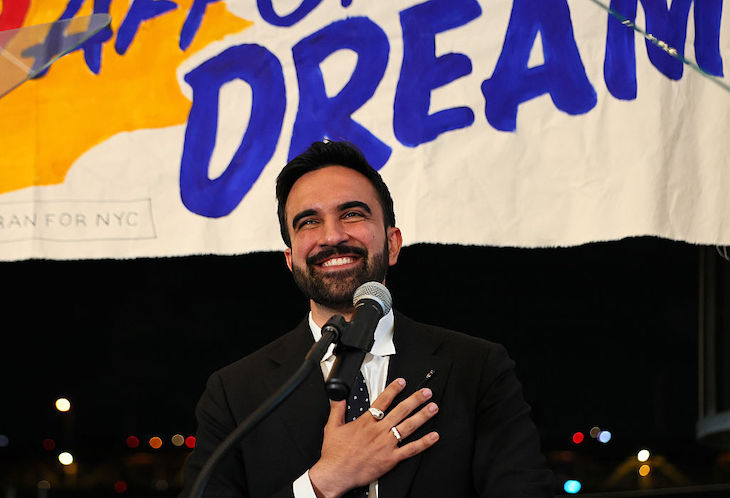A London-based foreign correspondent is probably not the target audience of Michael Peel’s latest book. Indeed, what Peel (himself a former Financial Times correspondent in Lagos, Abu Dhabi, Bangkok and Brussels) discusses in eight lively, well-researched chapters won’t come as a surprise to any of his UK-based foreign colleagues: how Britain is perceived abroad; and how little it seems to permeate the national consciousness. This blindness – or the British inability to realise how they appear to others, as opposed to the image they have of themselves – often has foreign correspondents pulling their hair in disbelief. If only Britain knew how it was seen!
One senses that Peel’s return to London from Tokyo after 13 years of foreign postings must have felt like a crash landing. The filth, the erratic, if not nightmarish, transport system, and the overall mess, loom large in the first pages:
Within months of being back, I felt that if Britain were a person, it would need its friends to sit it down and deliver it a few home truths. It has had a rough time lately. At an institutional level, it has damaged others, and increasingly itself, with its behaviour. It urgently needs to allow its many better qualities to flourish.
If Britain were indeed a person, one could add that it suffers from body dysmorphic disorder and mythomania.
Peel begins by examining what he calls Britain’s ‘trick mirror’ before weaving together personal memories with analyses of polls and interviews with academics, politicians and diplomats. Citing a 2016 Ipsos study of people’s views on certain topics, he reminds us that ‘some of the most grievous UK misapprehensions concern how the country is changing as a result of immigration’. Britons thought 15 per cent of the population were Muslim when the real figure was 4.8 per cent, and that EU nationals also accounted for 15 per cent – three times the actual level.
Such distortions occur in many countries; but in the UK overestimates of immigration and misapprehensions about its negative impact have opened the way to harsh policies, such as the Rwanda deportation scheme for asylum seekers. It also played a part in the Brexit vote – which leads us to one of the most striking chapters in the book, ‘The Nostalgia Trap’. Here, he details the experience of the German historian Frank Trentmann at Birkbeck, who prepared for the UK citizenship exam, only to discover a warped official view of history, the kind which enabled ministers such as Suella Braverman to present a sanitised version of British history:
In a September 2023 speech in the US, she argued that the UK has ‘a proud history of human rights dating back to Magna Carta’. At a stroke, she eliminated entirely the country’s responsibility for crimes of the past eight centuries.
Trentmann was so shocked that he drafted an open letter calling for reforms:
More than 600 historians signed it. The letter is part of a building effort to force the Home Office to revise the citizenship test material. It is a campaign that, as of December 2023, the government had mostly resisted.
Peel mixes his perspective on Britain with his experience of other countries, such as the Philippines and Thailand. ‘The phenomenon of political nostalgism takes many forms. In the Philippines, the government is rewriting the history books. In the UK, it is refusing to do so.’ His Bangkok posting allows him to compare ‘both royalty’s enduring power and its underlying fragility’. In the chapter entitled ‘Flawed Prophets’, he cannot help wondering at the institutions which propelled Boris Johnson and Liz Truss to Downing Street: ‘Johnson’s rise was an example of the considerable rewards British-style elitism has often offered for failure.’
Peel tries to remain polite when he cites last year’s paper Global Britain in a Competitive Age:
The document makes a string of questionable exceptionalist assertions, including that Britain has ‘uniquely global interests, partnerships and capabilities’ – a claim that might surprise other countries with similar feelings. The idea that Britain has a ‘global perspective and global responsibilities’ sounds like a gentler rewrite of the imperialist idea of the ‘white man’s burden’.
For Peel, Tories, Labour and the country as a whole, need to accept that ‘Brexit has been a colossal waste of time, money and attention’. Since 2016, ‘too many troubles facing the country have been sidelined’. What Britain needs, he concludes, is not so much a revolution as a reboot.







Comments